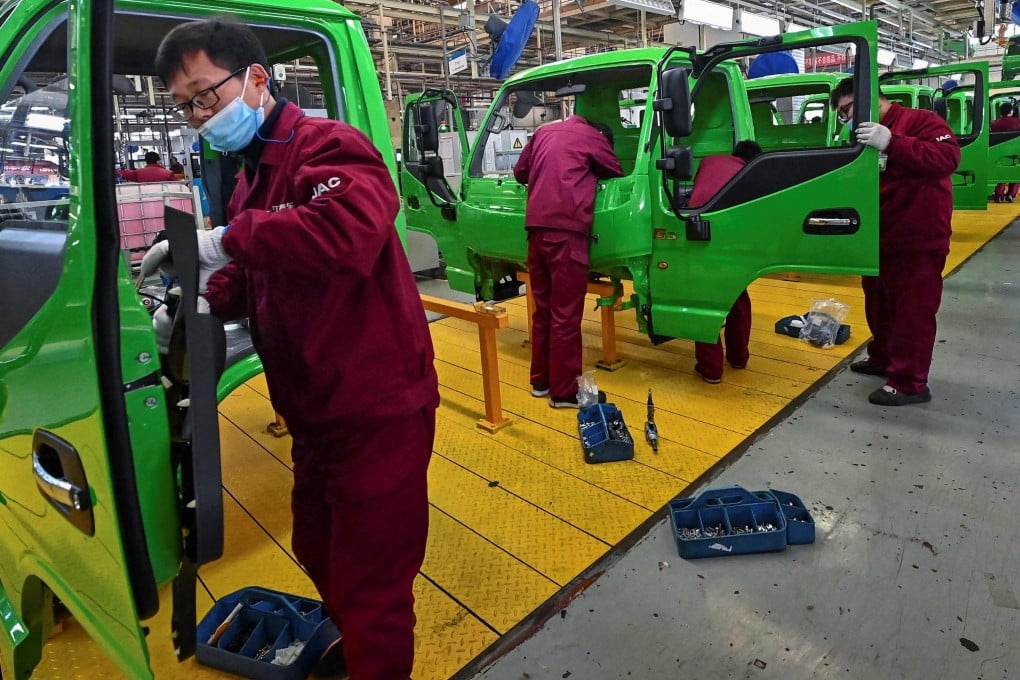Macroscope | World needs a better form of economic globalisation to avoid another crisis
- Division between the leading powers has brought the world to an impasse and closer to global conflict than at any time since World War II
- A new globalisation that brings the benefits of international cooperation but limits instability and inequality is essential to avert disaster

The very idea of globalisation seems like a hollow joke at a time when the world is splitting into rival manufacturing blocs and supply chains, economic and political nationalism is growing and the West is confronting Russia in Ukraine. Yet, Asian countries want to preserve the concept.
Globalisation was never more than a halfway house or staging point on the road to a united world, though, and it has developed many holes in its roof, cracks in its walls and weaknesses in its foundation. It needs a new design and rebuilding before it collapses, rather than just patching up.
I argued in a presentation 20 years ago at an Asian Development Bank 2002 annual meeting that “globalisation means different things to different people, and it has become an all-encompassing term covering a variety of internationalising trends”.
